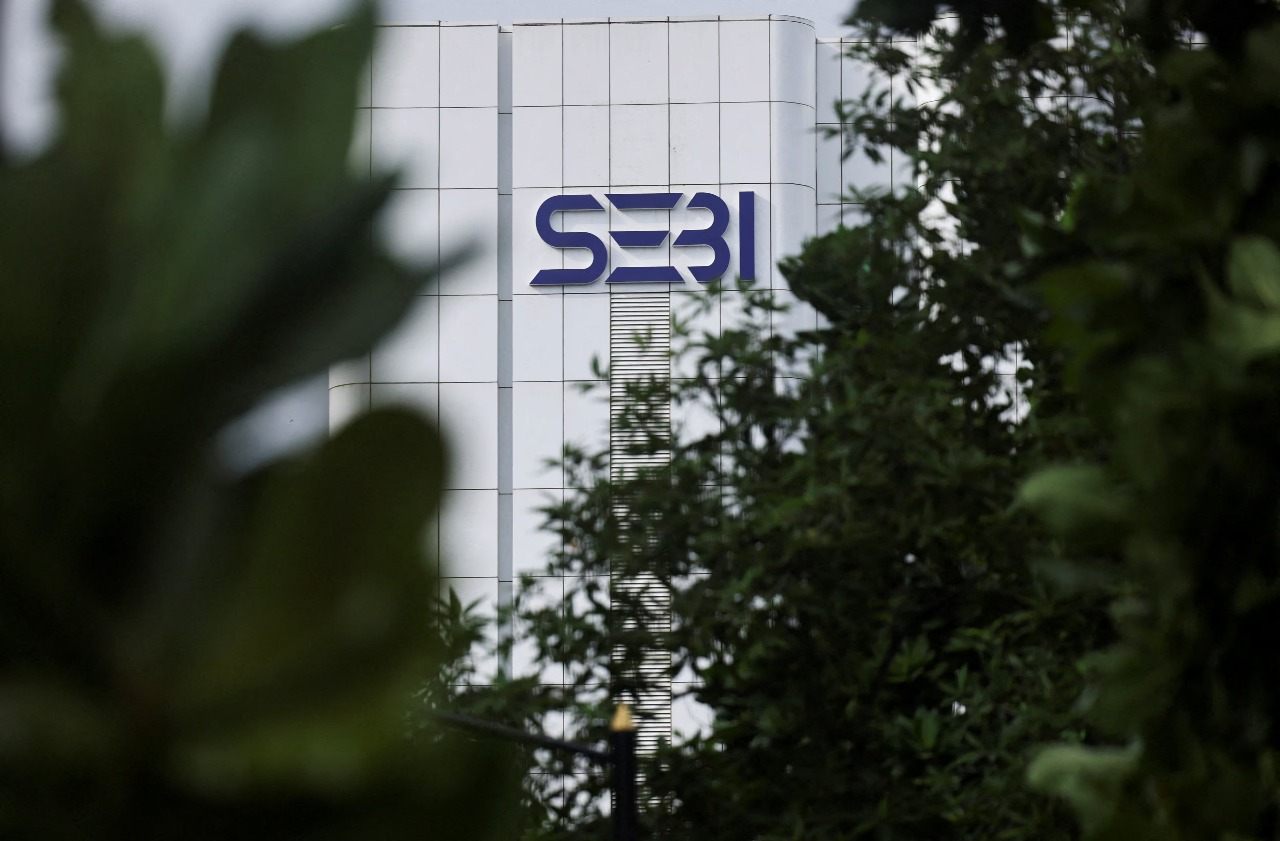
Follow WOWNEWS 24x7 on:

India’s financial markets may soon witness a significant regulatory shift as a senior official from the Securities and Exchange Board of India (SEBI) expressed openness to adopting a more objective and simplified framework for assessing investor suitability in derivatives trading. The announcement, made during a recent industry interaction, reflects SEBI’s intent to balance investor protection with market accessibility, especially for retail participants. This development comes amid growing demand for transparency and consistency in how trading eligibility is determined across brokers and platforms.
Here are the most relevant highlights from this evolving regulatory stance:
Current Suitability Framework And Challenges
- SEBI’s existing suitability norms for derivatives trading are largely principle-based, requiring brokers to assess a client’s financial capacity, trading experience, and risk appetite
- These assessments often vary across intermediaries, leading to inconsistent interpretations and potential exclusion of capable retail investors
- Market participants have raised concerns about the lack of clarity and uniformity, prompting calls for a standardized, rule-based approach
Regulator’s New Position And Industry Feedback
- The SEBI official stated that the regulator is open to considering an objective and simple framework that can be uniformly applied across the industry
- Such a framework would likely include quantifiable criteria such as income thresholds, trading history, and net worth benchmarks
- Industry stakeholders welcomed the move, noting that it could reduce subjectivity and improve onboarding efficiency for retail clients
Balancing Protection With Participation
- SEBI emphasized that any revised framework must continue to safeguard investors from excessive risk exposure, especially in leveraged instruments
- The regulator is exploring models that allow for graded access, where investors can gradually increase their exposure based on experience and performance
- This approach aims to democratize access to derivatives while maintaining guardrails against speculative misuse
Implications For Brokers And Platforms
- If implemented, the new framework would require brokers to update their onboarding processes and compliance systems
- Automated eligibility checks based on objective parameters could streamline client activation and reduce manual intervention
- Platforms may also need to enhance investor education modules to ensure clients understand the risks and mechanics of derivatives trading
Retail Participation And Market Depth
- Retail interest in derivatives has surged in recent years, with options trading volumes hitting record highs on exchanges like NSE
- A simplified suitability framework could further boost participation, especially among tech-savvy investors using app-based platforms
- Greater retail involvement is expected to deepen market liquidity and improve price discovery across derivative instruments
Global Comparisons And Best Practices
- SEBI is reportedly studying international models, including those used by regulators in Singapore, the UK, and Australia
- These jurisdictions often employ tiered access systems, where investors qualify for different levels of trading based on objective metrics
- India’s move toward such a model would align its regulatory architecture with global standards while addressing local market dynamics
Next Steps And Consultation Process
- SEBI is likely to initiate a formal consultation process with exchanges, brokers, and investor groups before finalizing any changes
- Draft guidelines may be released for public comment, allowing stakeholders to provide feedback on proposed criteria and implementation timelines
- The regulator aims to ensure that the final framework is inclusive, transparent, and adaptable to evolving market conditions
Conclusion
SEBI’s openness to a simplified and objective suitability framework for derivatives trading marks a pivotal moment in India’s financial market evolution. By addressing long-standing concerns around subjectivity and access, the regulator is signaling a shift toward greater inclusivity and operational clarity. As the consultation process unfolds, stakeholders will be watching closely to see how SEBI balances investor protection with the need to foster a vibrant and participatory derivatives ecosystem.
Sources: Economic Times, Business Standard, Bhatt & Joshi Associates, SEBI.




